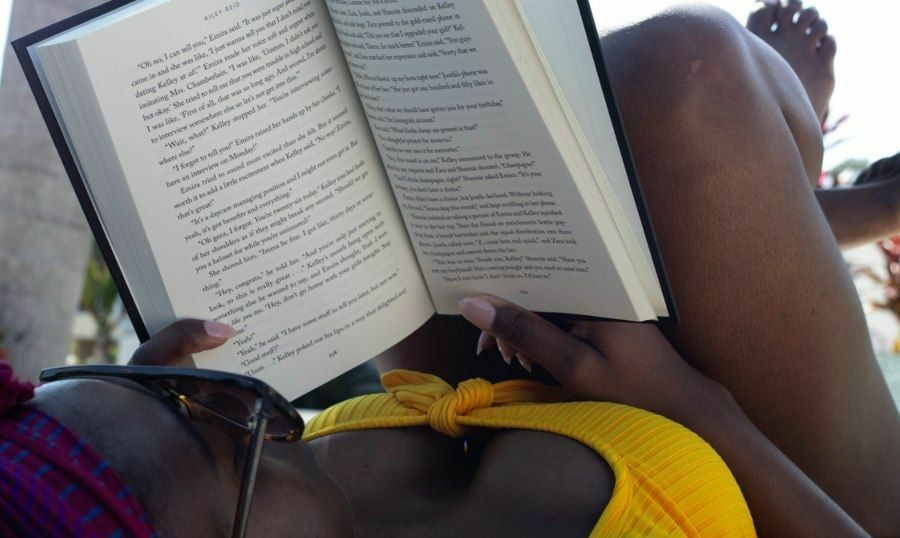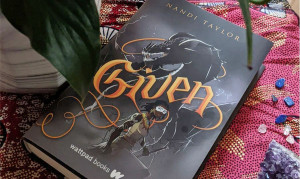French said the idea of creating the press had been in her heart for many years. “Starting Hush Harbour is a very brave thing to do, and also a really fitting thing to do in the chaos that is this world. Why not build a home for Black stories, Black feminists stories, Black queer stories amongst this chaos?”
Johnson also noted that many Black Canadian writers were familiar with each other’s work, but there was no particular meeting place for them. She felt it was important for writers to ‘share a space’ and talk about the process together. “During this pandemic, oddly enough, that is what was afforded to us. Whitney and I were able to actually have some meaningful time to talk and build and create. And it felt really empowering and so, it was only through those moments during this time. We're just like, you know what all of our dreams and all of our envisioning is coming together and this feels good. And we're going to move forward.”
The name ‘Hush Harbour’ comes from the Antebellum Era, where enslaved Africans would gather in secret. “Some of these secret meetings were to preserve culture. Some of these secret meetings were to perform rituals that are indigenous to the lands of which they were taken. And some of these gatherings were for revolution and revolt planning,” explained French. It’s a poignant name for a press that intends to unite Black writers in the predominantly white Canadian literature scene.
French and Johnson are interested in the revival of short fiction in CanLit. “We really appreciate the craft of short fiction, like the earnestness it takes, the skill required to tell a really good story in a short amount of time.” When the editorial aspect of Hush Harbour rolls out in the fall of 2021, they’re hoping to publish short stories, poetry, creative nonfiction, and even sonic storytelling.
Though there isn’t currently a press similar to Hush Harbour, with its focus on ‘Black, hyphenated identities’, there has been in the past. Sister Vision Press ran from 1985 to 2001. The iconic press published the works of many renowned Black Canadians, such as Dionne Brand. While Hush Harbour’s goal isn’t to exist as a replacement, the newly founded press wants to recognize and honour the work that has come before. “Hush Harbour is not just in the interest of selling books, but also pouring time and commitment and love and care into these writers and fostering their careers in the long term,” French said, when asked about the legacy left by Sister Vision. “So I don't know if that bridges the gap, but definitely something that we see that Sister Vision was providing for folks back then. And this is what we aspire to do with Hush Harbour now.”
Since announcing Hush Harbour, its founders have noted growing excitement. “The outpouring of support and those who are interested in what we aspire to do, it kind of reaffirms our purpose. Because we do recognize that there has been a gap for so many years. But, you know, it doesn't end here. It begins here for us.”
“I'm actually excited about more Hush Harbours. I'm excited for other folks who want to start a Black, queer feminist press or other folks who want to do other Black run presses in this country,” French said. She’s looking forward to abundance, to the plethora of presses that pop up in response to their own.
They both acknowledge that there is much work to be done, but are excited for what the future of Canadian literature has in store.
Ashleigh-Rae is a queer Jamaican, writer and activist. Her work has been featured in Huffington Post and Daily Xtra. Follow her on Twitter @ashleighraet.








